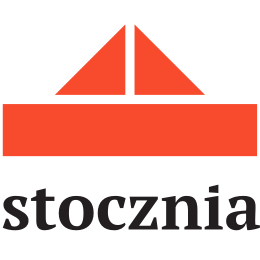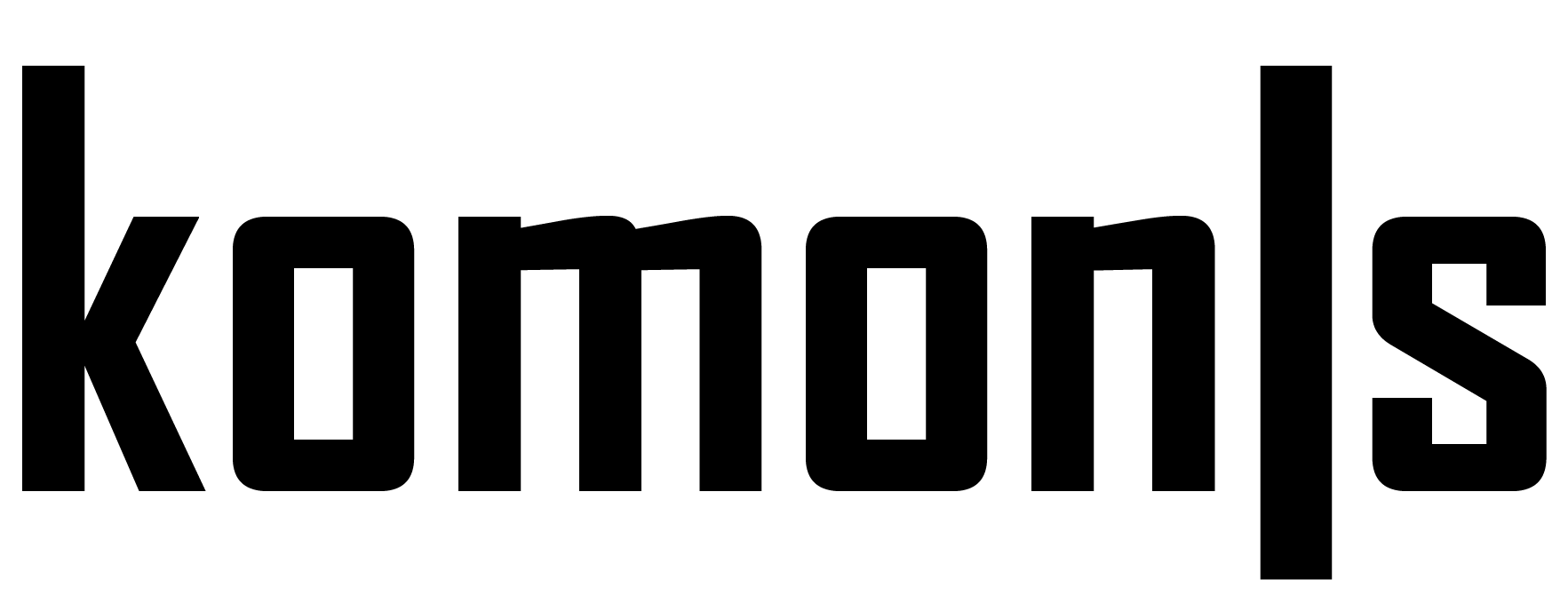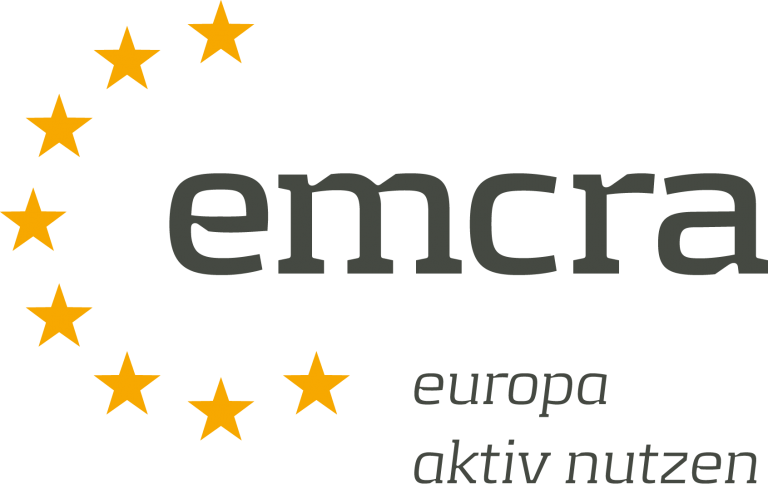Democratic Innovations in Youth Work
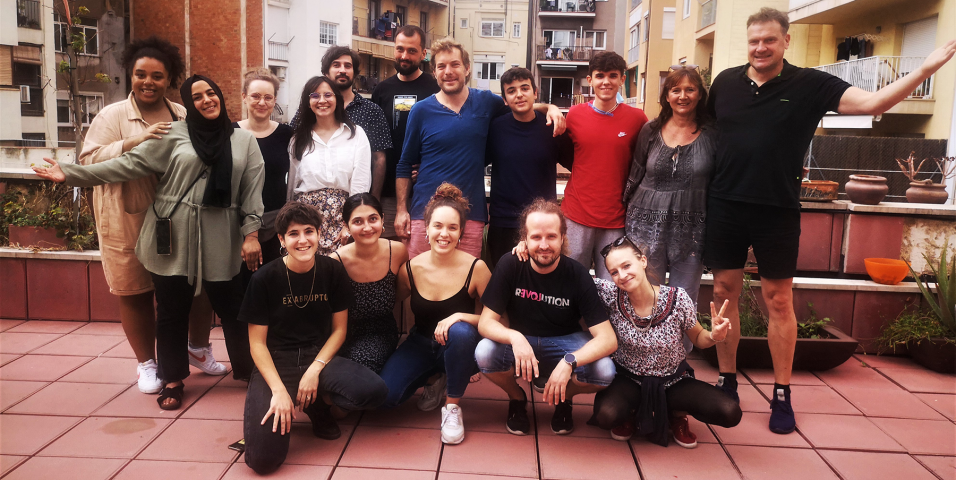
Democratic Innovations in Youth Work
Reviving youth engagement and participation in democratic life
Whereas various innovations to democratize contemporary democracies have been imagined, designed, tested and even institutionalised on different levels of decision-making (e.g. citizens assemblies, participatory budgeting, deliberative polls etc.), these Democratic Innovations (DIs) still do not play a role in youth work and non-formal education today. The DIYW (Democratic Innovations in Youth Work) project aims at tackling the issue of democratic disenchantment and erosion by developing, testing and disseminating didactic materials that support youth workers, facilitators and trainers in democratic education as well as school teachers to introduce to young people the subject of Democratic Innovations with the use of non-formal education methods.
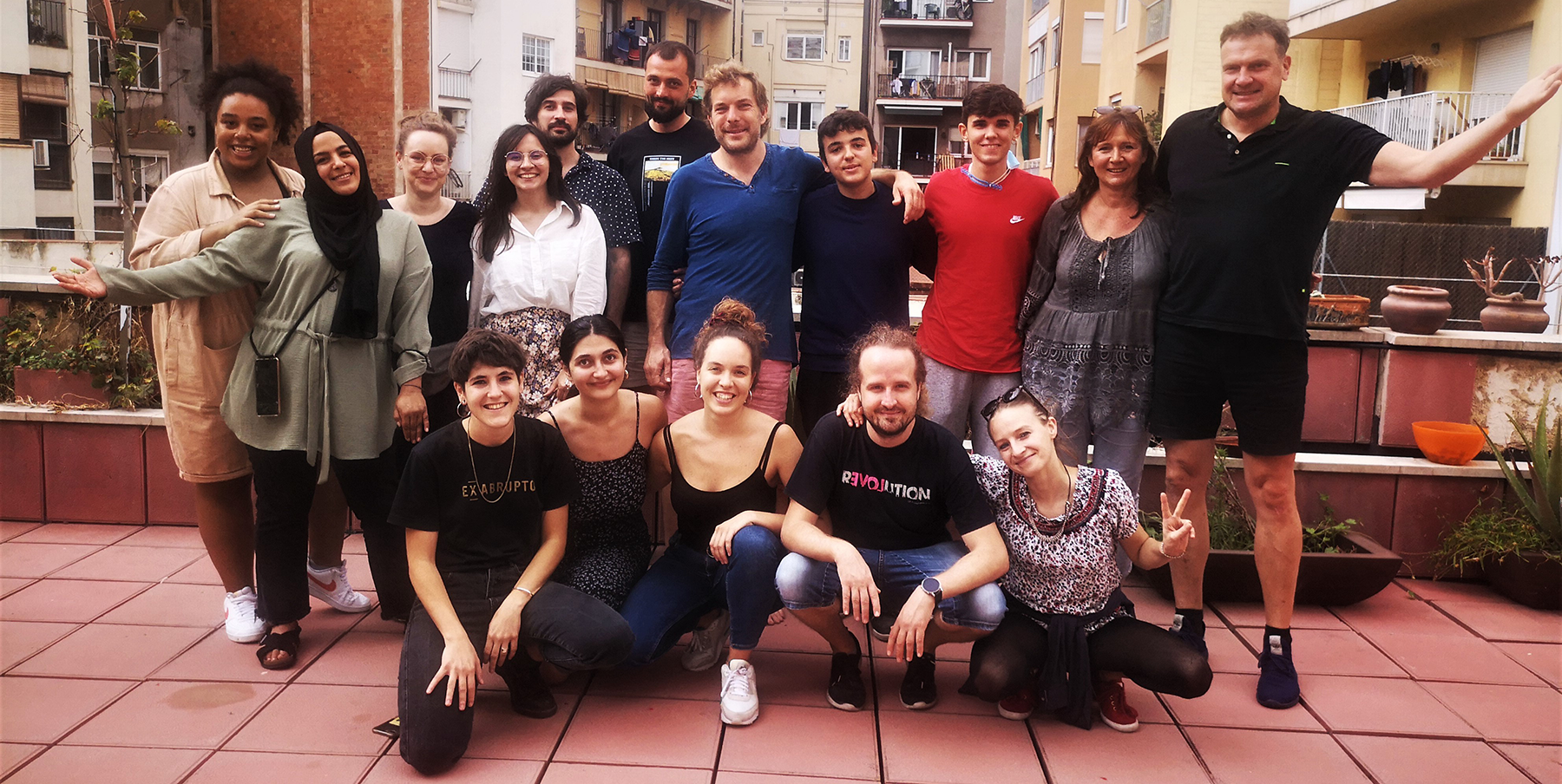
The context
Current democratic institutions and their design are challenged by various phenomena, e.g. radical right-wing populists in power, rising distrust of citizens, fake news, decline in involvement in electoral politics, but also digitalisation or ad hoc social movements. Young people are especially concerned as many of them grow up in a fully digitalised world, get politically engaged beyond institutions or are the target of manipulation and disinformation.
“Developing new extra-electoral mechanisms and high standards for democratic participatory processes seem to be the best way to respond credibly to the demand of citizens, especially youth, to be more regularly involved in public decision-making”, asserts Katarzyna Klimowicz, expert in democratic innovations. More inclusive and deliberative ways of decision-making are particularly needed to avoid the bubbles of social networks and populist instrumentalization of social divides”.
The project
The project DIYW (Democratic Innovations in Youth Work) is about how democracies could function in the future and which capacities do young people need to participate in shaping this future. It aims at supporting them in becoming more active, critical and directly involved citizens by developing their democratic skills and encouraging critical thinking of youth towards their involvement in decision-making processes, digital and direct democracy as well as the risks of populist instrumentalization. The project strives to increase their awareness of already existing opportunities that Democratic Innovations bring not only for their own extra-electoral engagement in the democratic life but in general for a more participative and inclusive society.
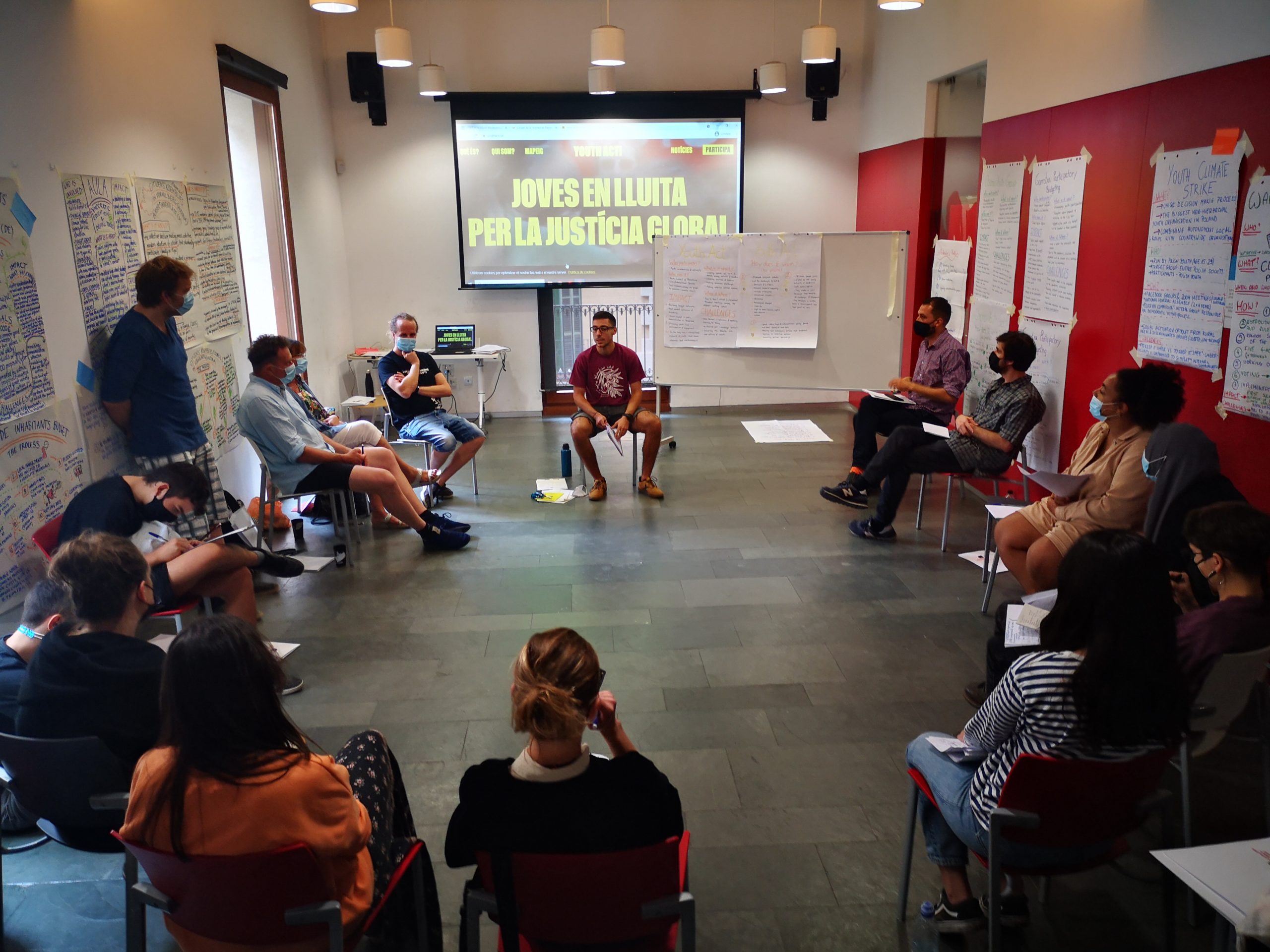
Videos and Trainings for Democracy
Our Strategic Partnership is initiated by 4 civil society organizations and social businesses – Catalan Association of Youth Policies Professionals (SP), Center for Citizenship Education (PL), Citizens For Europe (DE) and DeGeDE (German Society for Democratic Education - DE). DIYW brings together youth workers, teachers, civil society actors, young people as well as experts in democratic innovations and in video-making.
Together, they co-produced:
- Videos for Democracy: a series of 9 educational short-documentaries showcasing DIs (e.g. citizens assemblies, participatory budgeting, self-organized youth groups and digital tools) and inspiring stories of people who participated in their design and implementation;
- A Didactic Guide for Youth workers and teachers explaining how to introduce the topic of DIs in youth work with the use of the didactic videos and non-formal education methods;
- A Train the Democracy trainer: methodological training course to provide youth workers and school teachers with the necessary skills and knowledge to use the videos and didactic guide.
All the collaboratively developed outputs are based on thorough desk and field research and were consequently tested in a real work environment by young people, youth workers and teachers. They will be available in 5 different languages (English, German, Polish, Spanish and Catalan) and freely accessed through a multimedia interactive online platform as well as presented in a final conference that will take place in each partner country (Germany, Poland, Spain).
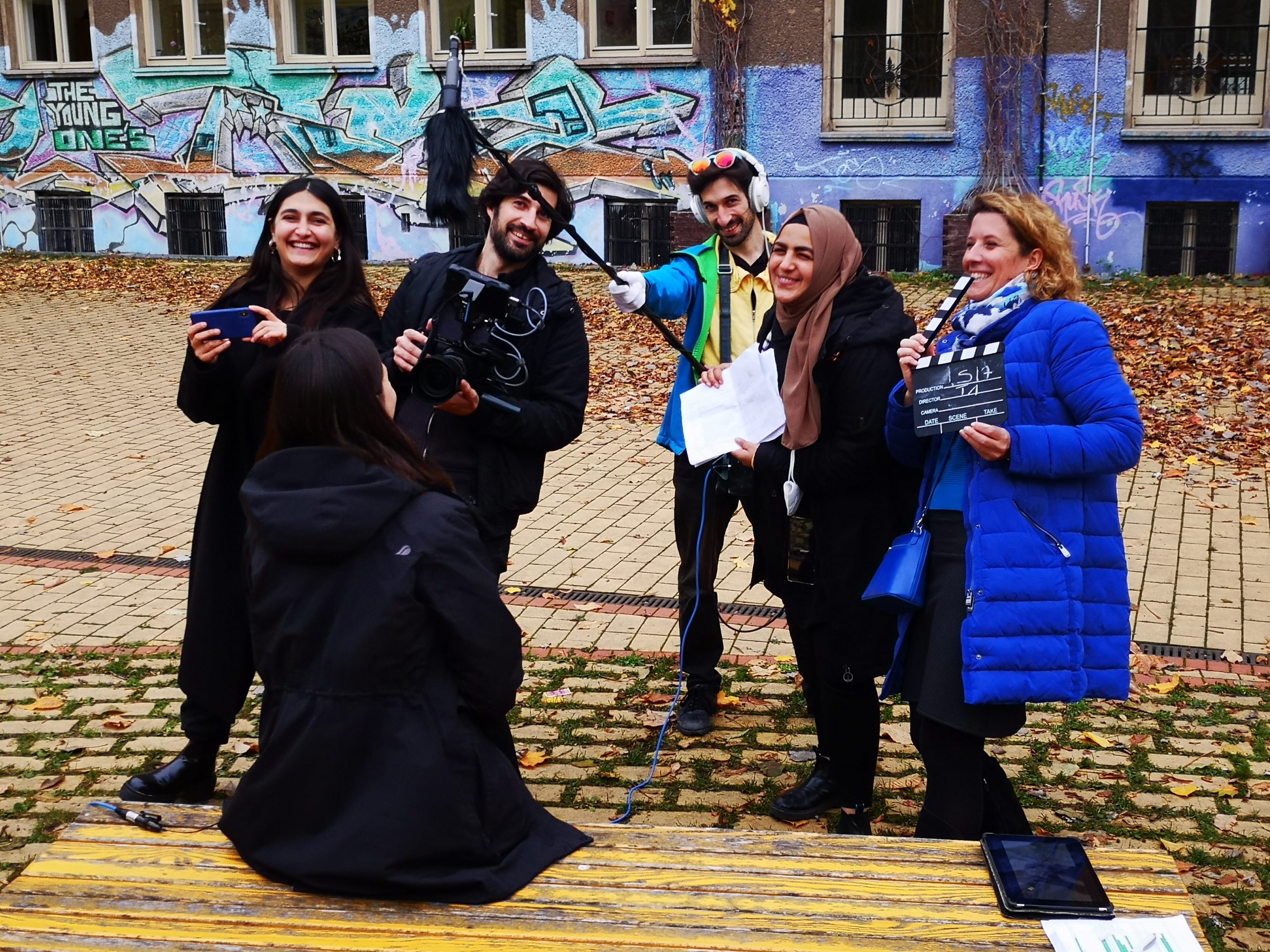
Funded by

Partner organizations

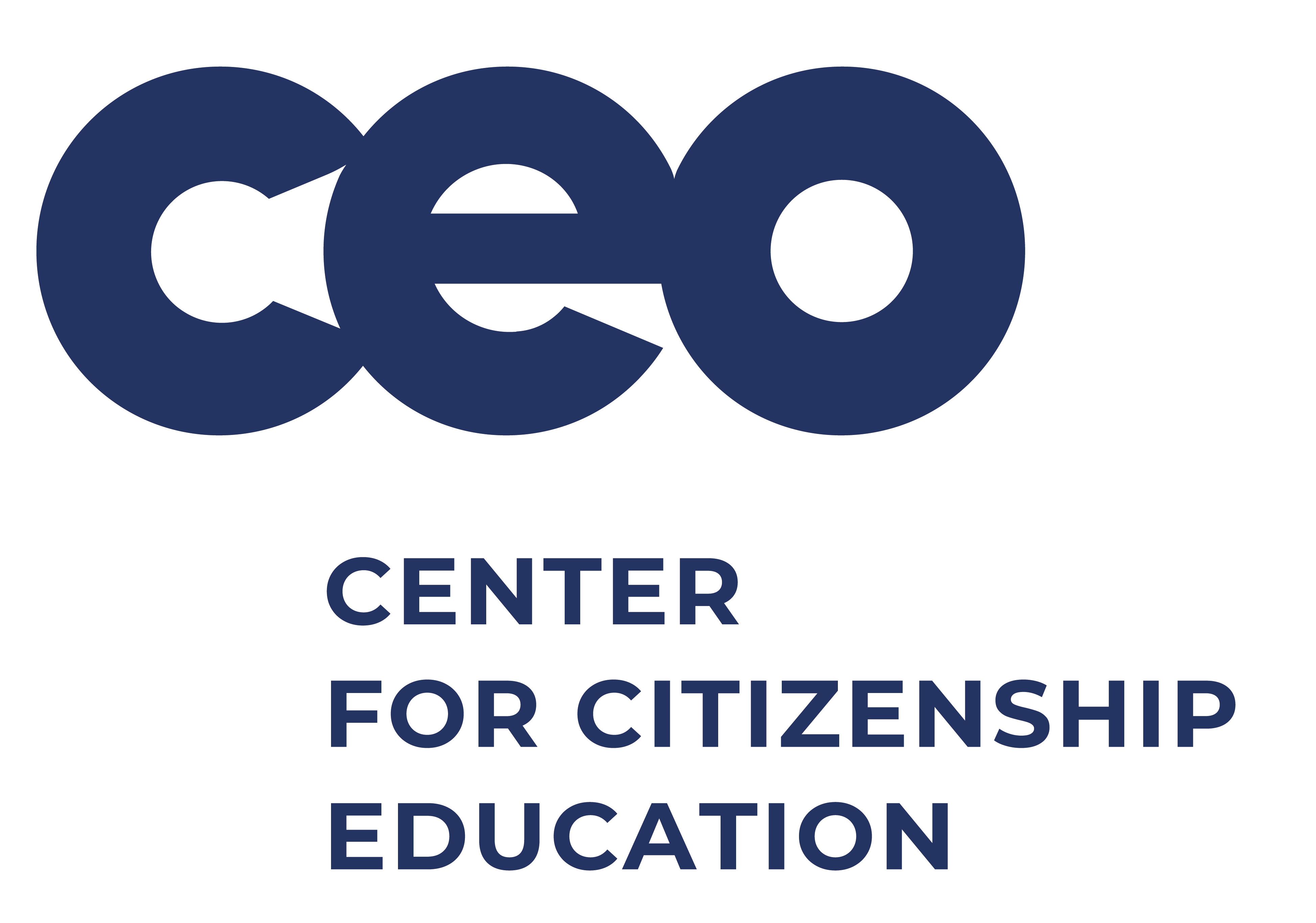
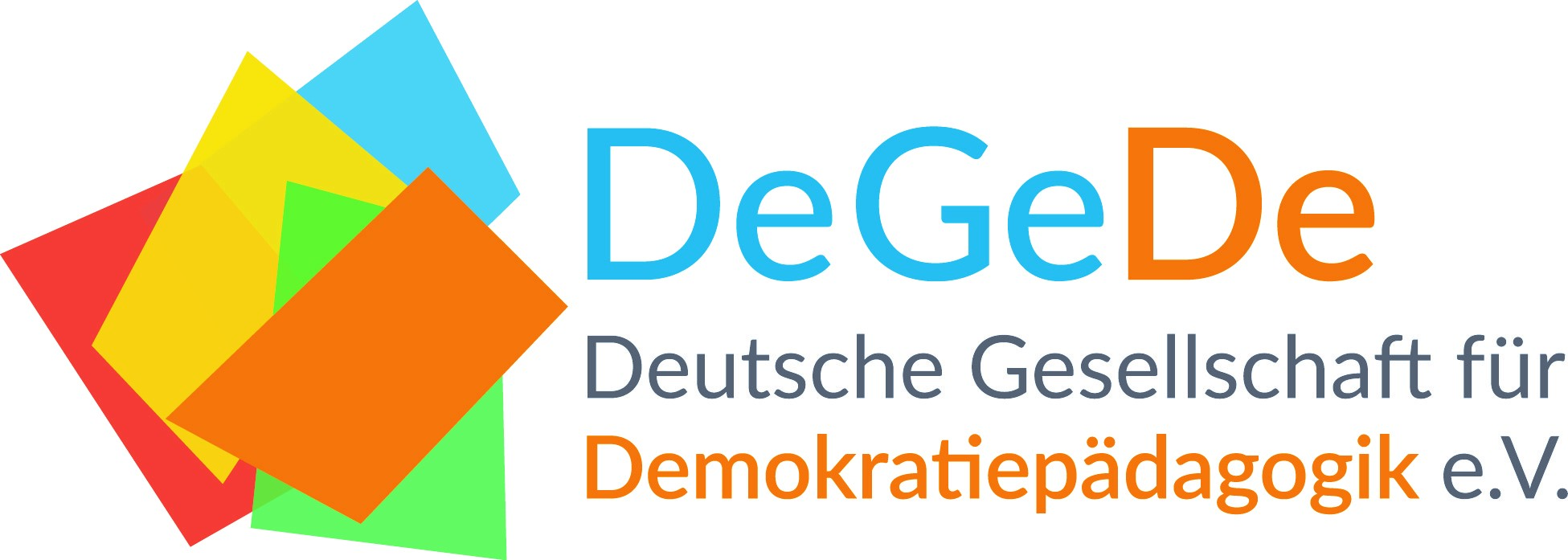
Associated Partners
